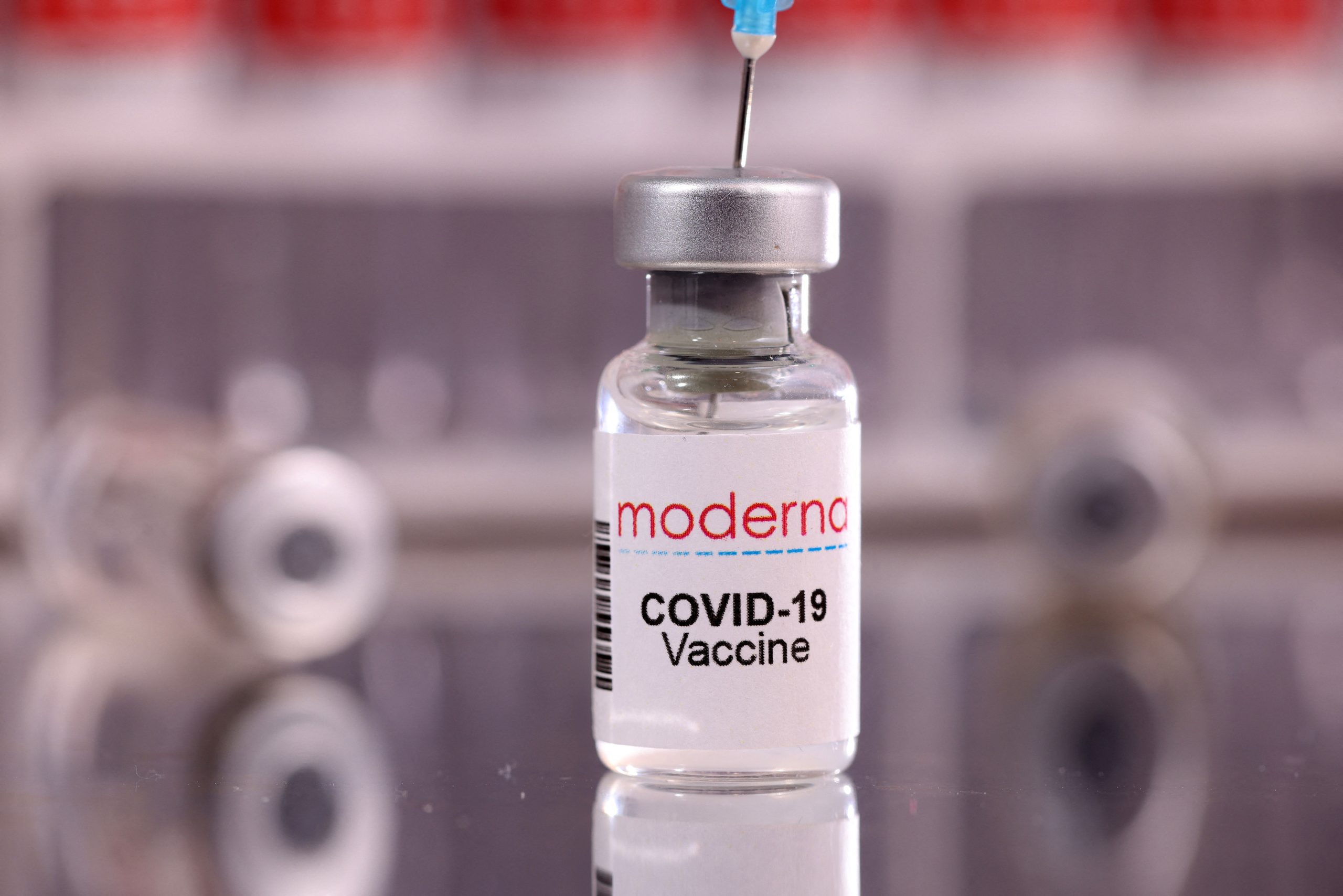
Lauren Dempsey, MS in Biomedicine and Law, RN, FISM News
[elfsight_social_share_buttons id=”1″]
A recent study published in the BMJ Medicine journal and funded by the National Institutes of Health confirms a correlation between COVID-19 vaccination and menstrual cycle changes, an effect thousands of women have reported post-vaccination.
The research builds off of a smaller study that was published in January and only included women from the United States. Researchers analyzed “de-identified” data from women who used a period tracking app called “Natural Cycles.”
Women from the United States, the United Kingdom, Canada, and Europe were included in the study to evaluate any changes to the length of their cycle after vaccination. A total of 19,622 individuals participated in the study, of these, 14,936 were vaccinated and 4,686 were not.
To be included in the study, participants had to be between the ages of 18 and 45 years and be at least three cycles after pregnancy or after the use of hormonal contraception and not menopausal, with normal pre-vaccination menstrual cycle lengths. Researchers looked at three menstrual cycles before vaccination and at least one cycle after and compared them with four menstrual cycles in the unvaccinated group of app users.
From this self-reported information, the researchers found that on average the women who were vaccinated reported longer cycle lengths. The authors wrote that vaccinated individuals reported an “increase in menstrual cycle length of less than one day” after receiving the first and second doses of their primary series.
However, “individuals who received two doses of a covid-19 vaccine in a single cycle had an adjusted [average] increase in cycle length of 3.70 days compared with the unvaccinated,” the report stated.
The type of vaccine did not appear to change the results. Users were prompted to update their vaccination status as well as the brand, which was categorized by the mechanism of action, which included mRNA, adenovirus vector, and inactivated virus.
“These findings provide additional information for counseling women on what to expect after vaccination,” said Diana Bianchi, M.D., director of NIH’s Eunice Kennedy Shriver National Institute of Child Health and Human Development (NICHD). “Changes following vaccination appear to be small, within the normal range of variation, and temporary.”
A “normal range of variation,” is eight days, although about 1,400 participants, or 6.2% of the vaccinated women, experienced a larger swing in their cycle length of eight or more days. The team of researchers noted that younger women and those who had longer cycle lengths before vaccination were more likely to experience an increase.
Unfortunately, during the initial clinical trials, researchers did not treat the evaluation of possible changes to menstrual cycles and fertility as a clinically important safety concern. However, menstrual cycles have always been an important indicator of health and fertility for women.
Since the rollout of COVID-19 vaccines, thousands of women have reported changes including not only the length of their cycles, but also hemorrhagic bleeding, clots, delayed or absent periods, pre-menopausal symptoms, and periods lasting for weeks at a time. Scientists and health experts have finally recognized that there is an association between the vaccination and these changes, but have not provided a reason for why this is happening to some women.
The authors acknowledge that future studies should be done on other aspects of changes to menstrual cycles, such as unexpected vaginal bleeding and menstrual flow and pain after vaccination, as well as studies to determine the physical reasons that cause these changes.
